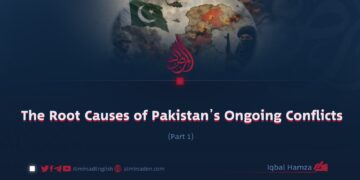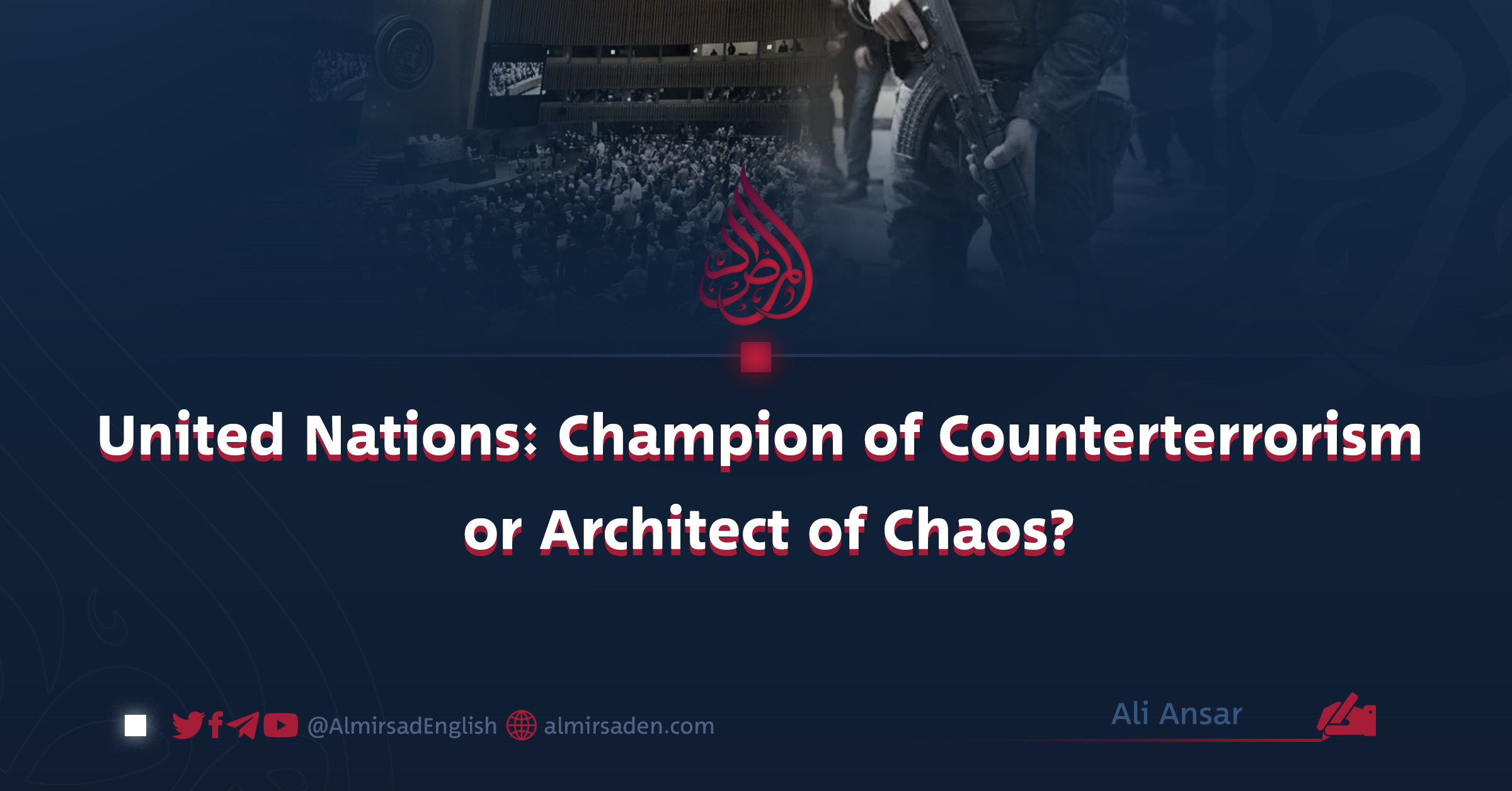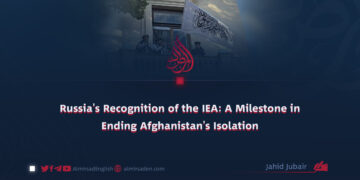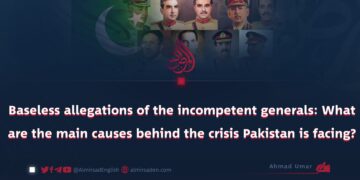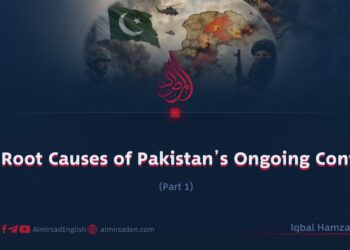Ali Ansar
The United Nations, incapable of tolerating the presence of a stable government, the enforcement of Sharia law, and the eradication of Daesh in Afghanistan, consistently choose to make unfounded and unsubstantiated accusations against the Islamic government of Afghanistan, lacking any reliable evidence.
Vladimir Voronkov, the UN’s Under-Secretary-General for Counter-terrorism, asserts that Daesh constitutes the most formidable external threat to Europe. He believes that Daesh-Khorasan has bolstered its financial and logistical capabilities, and its activities within Afghanistan are a cause for grave concern.
Contrary to these assertions, the establishment of the Islamic Emirate of Afghanistan marked the gradual yet swift eradication of Daesh from the region. The Special Forces of the Islamic Emirate of Afghanistan inflicted crippling financial, logistical, and human losses upon Daesh which evidently unsettled not only Daesh’s financiers but also the United Nations and, by extension, the broader international terrorist conglomerates.
The United Nation’s unrelenting attempts at defaming Afghanistan are nothing but a direct consequence of it being unable to come to terms with its defeat here. If it were not so, the UN’s own documentation would show the presence of Daesh-Khorasan in Tajikistan, Uzbekistan, Turkmenistan, Iran, and Pakistan. Therefore, why does the UN specifically associate Daesh with Afghanistan?
It is becoming more and more apparent that the UN’s actions are not aimed at counterterrorism but rather at endorsing terrorism.
In the wake of Daesh’s recent large-scale attacks, no Afghan individual has been involved. Weren’t Tajik and Ukrainian individuals involved in the attack in Russia? The UN’s attempt to lay the blame at Afghanistan’s door seems like a deliberate ploy to strain the relations between the Islamic Emirate of Afghanistan and Russia, potentially precipitating a political crisis.
Yet, the UN remains silent on questioning Daesh-Khorasan’s financiers about why they are supporting and training Daesh in spreading unrest and wanton slaughter of innocents in Khorasan. Why does it not interrogate the United States about its financial support? Why does it not challenge Pakistan on its presumed right to train them? And why does it not demand accountability from Tajikistan for providing them with manpower?
What’s obvious is that the UN harbors a deep-seated animosity towards the government in Afghanistan and persistently attempts to defame it. By spreading fictitious rumors about the resurgence of Daesh, it attempts to sow fear among the populace. However, it fails to recognize the fact that Daesh’s roots have been so thoroughly eradicated in Afghanistan that its resurgence is nothing more than a distant impossibility.













